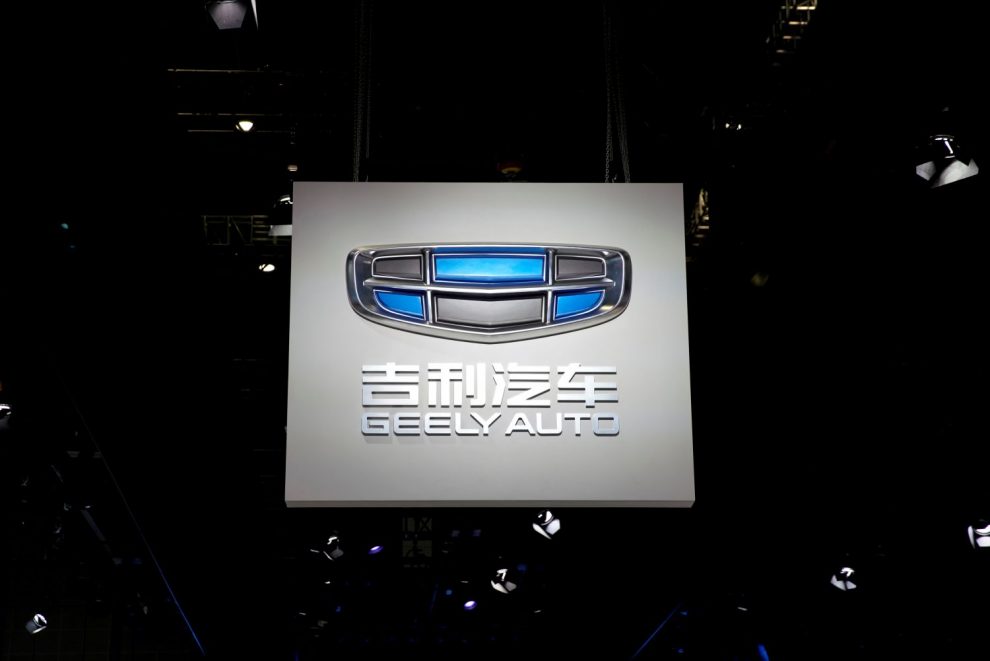China’s biggest automaker Geely boosts stake in electric vehicle firm via its Volvo subsidiary
(AF) Volvo Cars, the Swedish firm owned by China’s biggest automaker Geely, announced on Monday July 12 that it has bought additional shares in electric vehicle (EV) firm Polestar, taking its holding to 49.5%.
The investment comes after Polestar raised $550 million in its first external funding round in April.
Geely, which has owned iconic car firm Volvo since 2010, has been looking for different ways to raise finance for expansion outside China and has reportedly considered both an IPO in Sweden for Volvo and a merger with a US-listed special purpose acquisition company for Polestar.
Volvo said that it is acquiring its additional stake from PSD Investment, the private investment company of Eric Li, chairman of both Volvo Cars and its parent Zhejiang Geely Holding Group. PSD Investment will remain the second largest shareholder in Polestar.
“The move reflects Volvo Cars’ strong conviction in Polestar’s positioning and exciting potential in the high growth segment for premium electric vehicles,“ the company said in a statement.
The purchase sees Volvo’s stake returning close to the level it had before the April funding round, when Polestar received a cash injection from Chinese investors Chongqing Chengxing Equity Investment Fund Partnership and Zibo.
“As recently announced the Polestar 3, which is based on Volvo Car Group’s next generation electric architecture, will be built at Volvo Cars’ plant in Ridgeville, South Carolina. By mid-decade it expects production of future Polestar models in Europe,” Volvo said.
EVs built in the US
The development of electric vehicles built in the US via Volvo could help Geely to sidestep potential challenges from ongoing political tensions between China and the US.
Polestar sales could also be boosted by the Biden administration’s planned $2.5 trillion infrastructure investment programme, which includes $176 billion of spending to boost electric vehicles.
Polestar currently builds hybrid performance cars in the western Chinese city of Chengdu and a sedan model at its Taizhou plant in China’s east. It also has a new model in development called Precept, an environmentally friendly sedan.
Geely promoted a range of electric vehicle brands at the Shanghai auto show in April, including Volvo and Polestar models.
Geely Auto, the firm’s mass market brand, showcased its flagship sport utility vehicle the Xingyue L.
Geometry, the mass market pure electric vehicle brand, launched its new extended range version of the Geometry A at the auto show. The Geometry A Pro offers users 600 kilometres of pure electric range, Geely said.
It also unveiled a new plug-in hybrid variant of the Lynk 05 at the Shanghai auto show, along with Geely’s newest premium electric vehicle brand, Zeekr, which launched the Zeekr 001 in its first official public event. Geely said the flagship model offers over 700 kilometres of pure electric range.
Geely may list in Shanghai
Geely’s recently appointed chief executive Daniel Li said late last month that the company is still considering a listing on Shanghai’s Star board, after shelving earlier plans for a launch, but added that it is encouraging different brands it owns, such as Volvo, to make their own fundraising plans.
China’s highest profile automaker, which is controlled by billionaire Li Shufu, had hoped to raise 20 billion yuan. Geely reported a 43% drop in net profit in the first half of 2020 after sales dropped 19% to just over 530,000 vehicles due to the Covid-19 pandemic.
Like other Chinese EV firms, Geely faces regulatory uncertainty that could affect fundraising in certain markets, as authorities step up efforts to draft regulations to govern data storage, data transfers, and personal data privacy.
China’s Cyberspace Administration proposed draft rules calling for all data-rich tech companies with over 1 million users to undergo security reviews before listing overseas, in an announcement at the weekend.
That regulation came in the wake of a regulatory probe of Chinese ride-hailing giant Didi Chuxing for allegedly violating data privacy laws, which caused its recently listed US shares to plunge.
This report was updated for additional information on July 13.
























